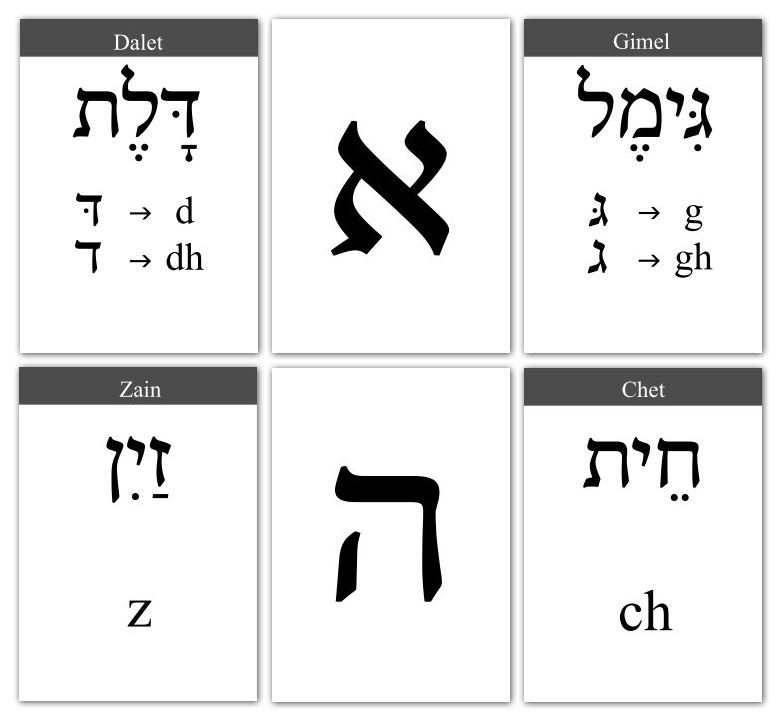

That the term does not appear in any of the epistles ascribed to Paul is significant. The New Testament expression ὅ ὑιὸς τοῦ ἀνθρόπου is a translation of the Aramaic "bar nasha," and as such could have been understood only as the substitute for a personal pronoun, or as emphasizing the human qualities of those to whom it is applied. Son of man in Job 25 and Psalm 146 is ben adam ( Hebrew: בן־אדם), and "son of man" in Psalms 144 is ben enosh ( Hebrew: בן־אנוש).Īmong Jews the term "son of man" was not used as the specific title of the Messiah. The term "ben adam" is but a formal substitute for the personal pronoun or maybe a title given to the prophet Ezekiel, probably to remind him of his human weakness.As generally interpreted by Jews, "son of man" denotes mankind generally in contrast to deity or godhead, with special reference to the human weakness and frailty ( Job 25:6 Psalms 8:4 Psalms 144:3 Psalms 146:3 Isaiah 51:12, etc.).33a) has a different version of this miracle." Apocryphal literature 1QapGen In Ḥanina's case a spring miraculously opened under his very feet (Yer.

Dosa!" His wonderful escape is accounted for by the assertion that the result of a lizard's bite depends upon which reaches water first, the man or the lizard if the former, the latter dies if the latter, the former dies. When the people found the reptile, dead, they exclaimed, "Woe to the man whom a lizard bites, and woe to the lizard that bites R. To his disciples' anxious inquiries he answered that he had been so preoccupied in prayer as not even to feel the bite. Once, while thus engaged, a lizard bit him, but he did not interrupt his prayers. "Ḥanina never permitted anything to turn him from his devotions. When it bites the son of man ( בר נשא : ), if the son of man ( בר נשא : ) reaches the water first, then snake dies and if the snake reaches the water first, the son of man ( בר נשא : ) dies. The most common post-biblical use is similar to that of the English word "human".

As generally interpreted by Jews, "son of man" denotes mankind generally in contrast to deity or godhead, with special reference to their weakness and frailty. In thirty two cases, the phrase appears in intermediate plural form "sons of men". This is the most common Hebrew construction for the singular, appearing 93 times in the Book of Ezekiel alone and 14 times elsewhere. ben-'adam) appears one hundred and seven times in the Hebrew Bible.

The Hebrew expression "son of man" (בן–אדם i.e. In the Book of Daniel and in post-biblical literature, the similar terms bar-anosh and bar-nasha also appear. In Hebrew, the term is ben-adam, while in Aramaic its equivalent bar-adam is used. " Son of man" is the translation of one Hebrew and one Aramaic phrase used in the Hebrew Bible. For other usage, see Son of man (disambiguation).


 0 kommentar(er)
0 kommentar(er)
